Michael Leuschel (auth.), Maurizio Proietti (eds.)3540609393, 9783540609391
The 19 papers included were selected from 40 workshop submissions; they offer a unique up-to-date account of the use of formal synthesis and transformation techniques for computer-aided development of logic programs. Among the topics addressed are deductive and inductive program synthesis, synthesis models based on constructive type theory, program specification, program analysis, theorem proving, and applications to various types of programs.
Table of contents :
Ecological partial deduction: Preserving characteristic trees without constraints….Pages 1-16
Memoing evaluation by source-to-source transformation….Pages 17-32
Transformation of left terminating programs: The reordering problem….Pages 33-45
Derivation of concurrent algorithms in Tempo….Pages 46-60
An argumentation-theoretic approach to logic program transformation….Pages 61-75
Complexity of Horn programs….Pages 76-90
Studying the cost of logic languages in an abstract interpretation framework for granularity analysis….Pages 91-105
Towards automatic control for CLP(χ) programs….Pages 106-119
Ideal refinement of Datalog programs….Pages 120-136
Guiding program development systems by a connection based proof strategy….Pages 137-151
Towards an object-oriented methodology for deductive synthesis of logic programs….Pages 152-169
Logic program synthesis by induction over Horn Clauses….Pages 170-170
Logic program transformation through generalization schemata [extended abstract]….Pages 171-173
An opportunistic approach for logic program analysis and optimisation using enhanced schema-based transformations….Pages 174-188
Solving deductive planning problems using program analysis and transformation….Pages 189-203
Towards a complete proof procedure to prove properties of normal logic programs under the completion….Pages 204-218
Termination of logic programs using semantic unification….Pages 219-233
On the mechanics of metasystem hierarchies in program transformation….Pages 234-251
Efficient translation of lazy functional logic programs into Prolog….Pages 252-266
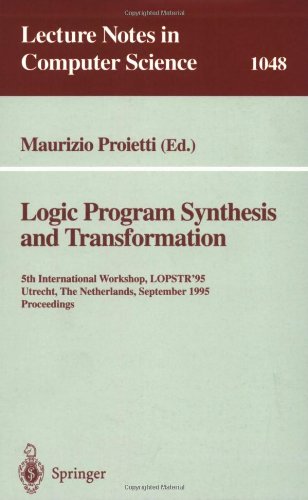
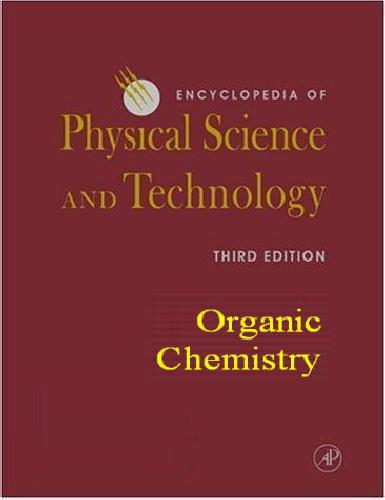
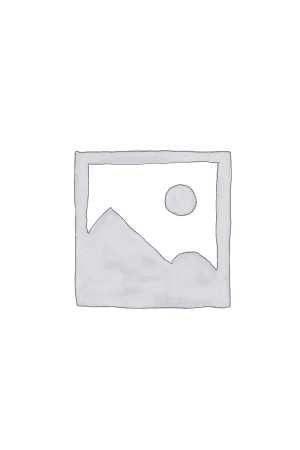


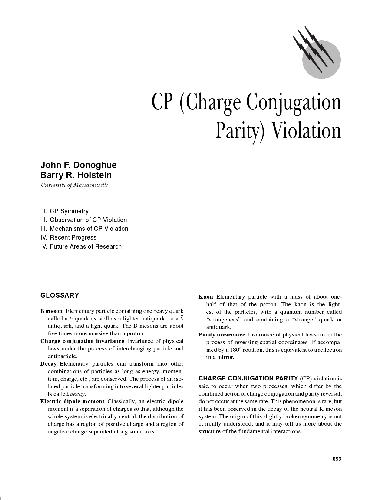
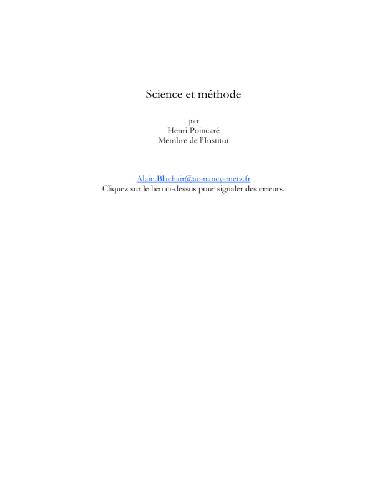
Reviews
There are no reviews yet.